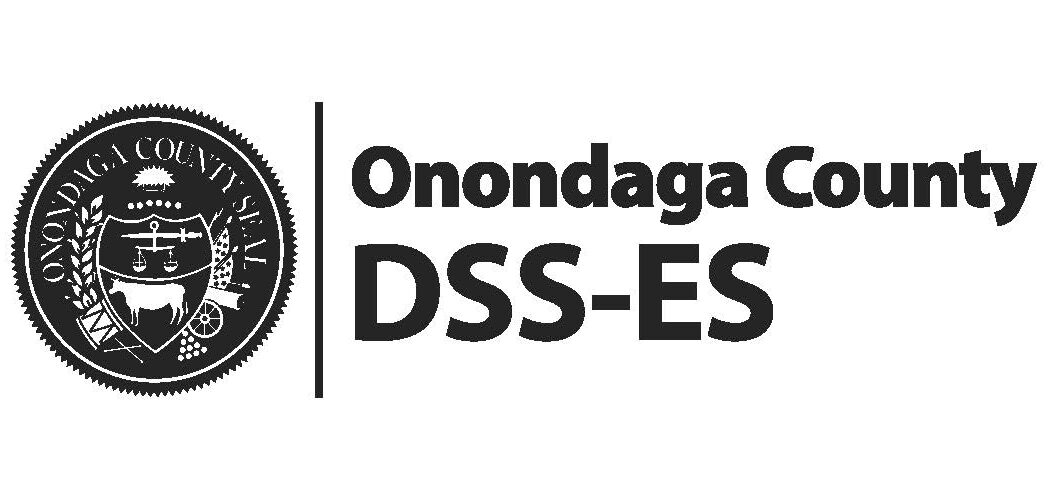Support Enforcement Officer
Job Description
The work involves responsibility for monitoring and enforcing the payment of child support ordered by Family Court Supreme Court orders. Responsibilities include taking the necessary steps to enforce court orders and the payment of child support for non-family assistance cases or family assistance cases.. Duties involve office investigative work and the exercise of judgment in the gathering of information and following through to enforce payment on current and delinquent accounts. Employees in this class work in the Department of Social Services, Bureau of Child Support Services, but may be assigned to work on non-family assistance cases. The actual receipt of payments is not a responsibility of this position, only enforcing that payments are made to the central processing center. Work is performed under the direct supervision of a Support Enforcement Supervisor or a Senior Support Enforcement Officer with work being reviewed through observation, conference and submission of reports.
This work is part of the mandated responsibilities of the department, requiring the collection and monitoring of local child support payments and enforcement utilizing a variety of enforcement tools such as issuance of income execution, property execution, driver license suspension, referral to the state’s tax and finance authorities and income tax intercept, in order to enforce an existing court order. These support monitoring and enforcement activities are available to any individual in the community, as well as being mandated for certain temporary assistance cases to help reduce the cost of temporary assistance. Incumbents must successfully pass a background check. Does related work as required.
TYPICAL WORK ACTIVITIES
- Monitors child support payments by reviewing computerized reports to identify delinquent accounts requiring further action.
- Generates income executions for child support payments, monitors for employer compliance and contacts the employee as necessary; transfers the income execution to another employer, unemployment insurance or other source of income necessary.
- Monitors orders of support to determine the respondent’s source of income and takes action if necessary.
- Contacts non-custodial parents, custodial parents, employers and other agencies, either by phone or mail, to obtain information to take appropriate action to satisfy the terms of court orders.
- Interviews non-custodial parents, custodial parents or other responsible parties as needed regarding support payments, support orders, modifications, violations, etc. in order to secure information, to determine the facts, to provide information to involved parties, and to determine a reasonable course of action.
- Receives and works on referrals from the customer service representative regarding child support issues raised by the custodial and/or non-custodial parent to ensure that the terms of court order are satisfied.
- Prepares or assists in the preparation of violations or modification to existing court orders to increase, decrease, suspe or vacate a court order depending on the specific circumstances of each case.
- Collects all necessary information for the determination of action on delinquent accounts and for the filing of petitions enforce court orders through in‑office investigative techniques (information may include financial resources, earnings, employment, birth and family records, residence, previous Family Court actions, etc).
- Determines the necessity to violate a delinquent non-custodial parent when voluntary resumption of payments cannot secured and prepares the violations to be filed for Family Court enforcement action.
- Explains to custodial parents, non-custodial parents, attorneys or other interested parties about child support laws, policies and procedures.
- Maintains records of all cases with pertinent information, contacts made, and steps and actions taken. Uses a personal computer to data enter information onto a computerized case record.
- Enforces and monitors child support orders of other Family courts; contacts or answers correspondence from other courts as to enforcement, required information, etc.
- Maintains a close working relationship with child support attorneys in order to obtain information and guidance on leg matters or problems, and to ensure communication and follow through on all support and paternity petitions to Family Court.
- Good knowledge of interviewing techniques.
- Good knowledge of the principles and techniques of financial investigations conducted via phone, letter and search of financial or legal records.
- Working knowledge of the format and procedures for processing petitions and other support related legal documents through Family Court.
- Working knowledge of Social Services Law, Domestic Relations Law, Family Court Act, and New York State Codes, Rules and Regulations.
- Working knowledge of the department’s programs and procedures.
- Working knowledge of Family Court procedures and record keeping systems. Ability to solicit and secure the confidence and cooperation of others.
- Ability to analyze facts and make logical conclusions and recommendations.
- Ability to understand and apply the laws, codes and regulations pertaining to support cases and Child Support Enforcement activities.
- Ability to prepare clear and concise written and oral reports. Ability to deal with people in a professional and lawful manner.
- Ability to utilize a computer system to input and retrieve information and to operate a visual display terminal in the performance of the job.
Minimum Qualifications
- Graduation from a regionally accredited college or university or one accredited by the New York State Board of Regents to grant degrees with an associates degree, and one (1) year of work experience, or its part time equivalent, in investigation or collection work involving public contact; or,
- Three (3) years of work experience, or its part time equivalent, in investigation or collection work involving public contact; or,
- An equivalent combination of training and experience as defined by the limits of (1) and (2)
